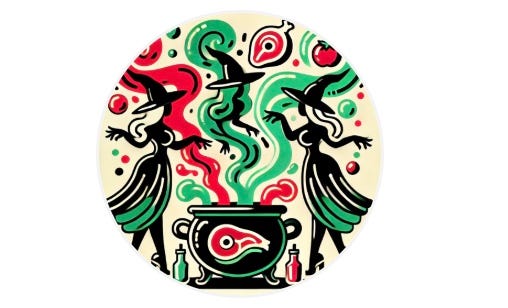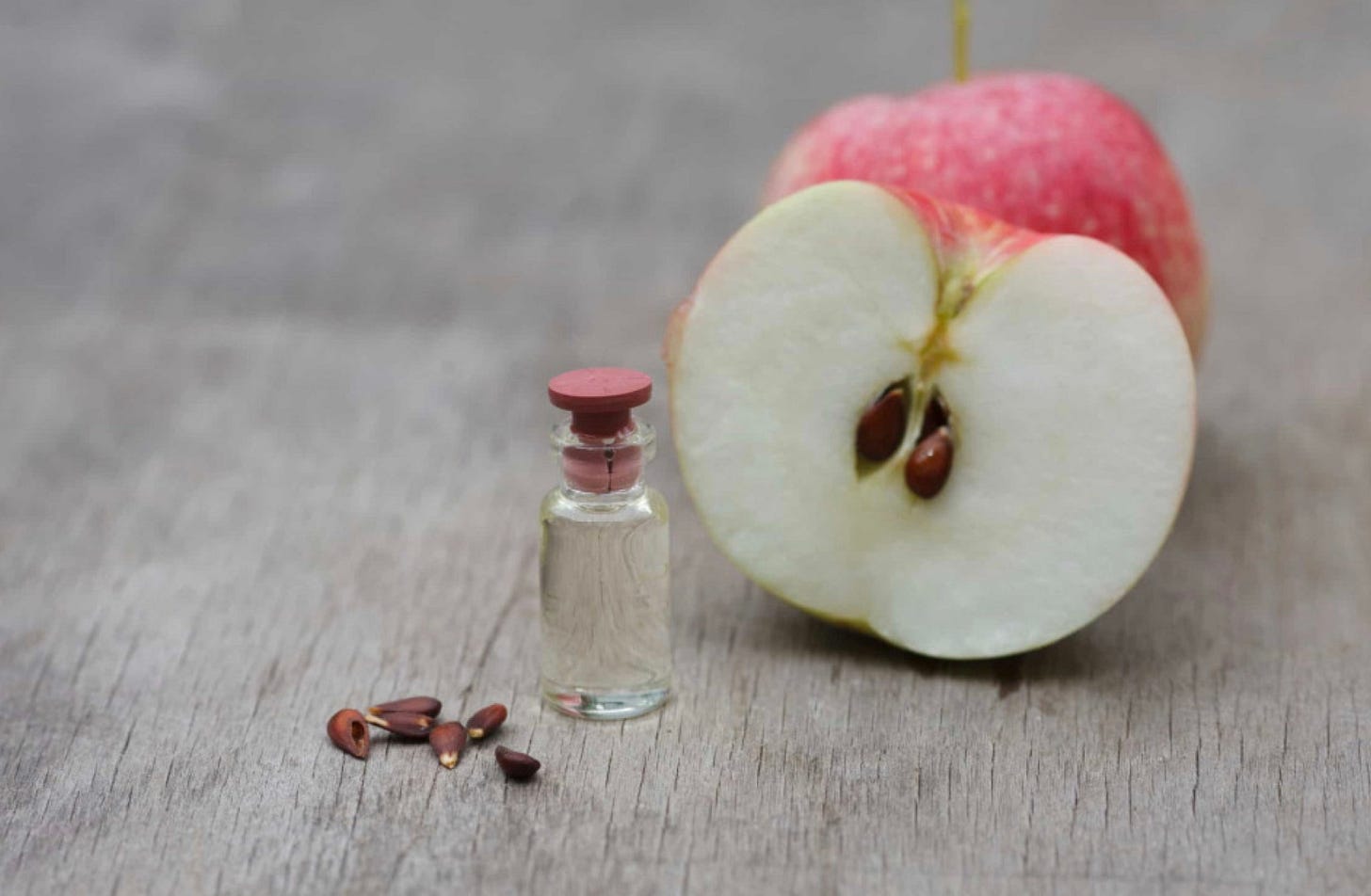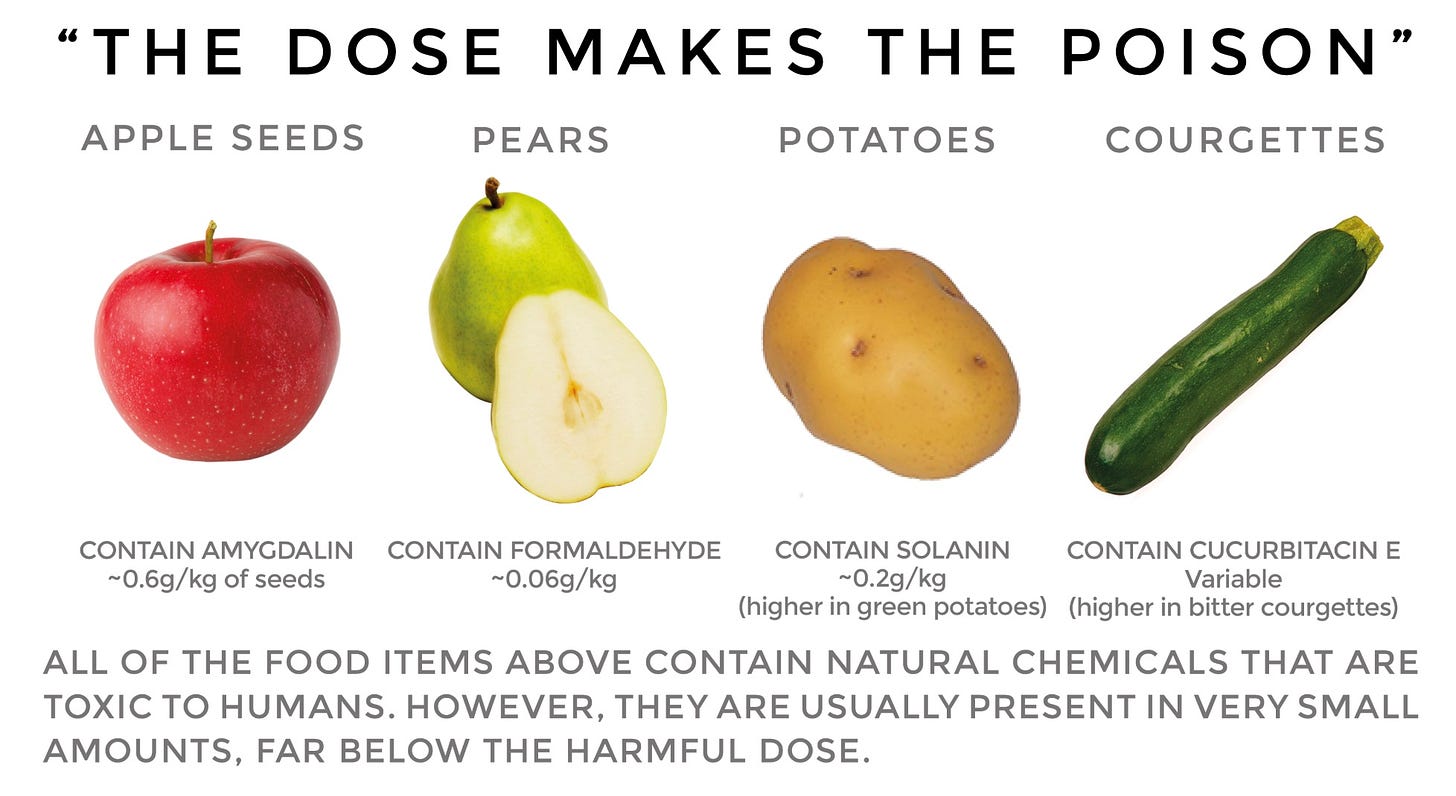The Stomach Is Not a Cauldron
Pork in the Stomach and Other Fairy Tales
My LinkedIn account is currently suspended. If we met online via LinkedIn, please add me to your Facebook, Instagram, X, and Notes, where I continue to post content. I recall a friend telling me years ago that pork rots in our stomachs. And the scary thing is, I believed her. I was living in Puerto Rico at the time, and if I accidentally ate a little bit of pork, I’d think I’m going to be bloated. And often I’d feel bloated, for I created my own reality.
Mr. Skeptical tilts his head and squints, “How did you know you weren’t really bloated from the pork?”
“Pork will make you feel full but not usually bloated. Looking back now, it was likely something else, for I eat a lot of pork now. Back then, thinking pork rotted in my stomach was an obesity spell.”
Subconscious Fat at 30,000 feet
Humanity never outgrew its appetite for magic. We may scoff at medieval peasants whispering about witches cursing their crops, but modern men are no less superstitious — we just disguise our spells with pseudo-science and diet talk.
In one century, tomatoes were feared as poison. In another, pork was whispered about as unholy, “rotting” in the stomach because it looked too much like human flesh. Today, we trade those myths for fresher nonsense: don’t eat after 7 p.m., avoid red meat because it “stays in your colon for years,” or trust that kale smoothies “detoxify” the liver.
The details change. The magic remains.
“But don’t some of these superstitions have an element of truth?” asks Mr. Skeptical.
I smile, for I’m about to admit he’s right. “I’ll admit, tomatoes give me a stomachache. Many people become ill if they eat the seeds of tomatoes. So, I’ll admit there is an element of truth to these superstitions. And even eating more meat will slow down digestion, and you poop less, but that doesn’t mean it rots in your stomach.”

Subconscious Fat at 10,000 feet
Food superstitions reveal something about us. They aren’t random—they’re projections of fear, ignorance, and sometimes guilt. To believe that pork sits undigested in your stomach is to assume the body is fragile, easily tricked by visual resemblance rather than governed by hard biochemistry.
Mr. Skeptical raises his hands, “Hold on, you’re saying people think their guts look at pork, recognize the similarity, and then… stall?”
“Exactly. As if digestion were sentimental. As if the stomach throws up its acid-soaked hands and says, ‘Too close to home, I can’t.’
“But that’s not how physiology works. Hydrochloric acid doesn’t hesitate. It doesn’t negotiate. It doesn’t carry a religious grudge or cultural taboo. It breaks down protein, period. Whether it’s pork, beef, fish, or even another human (See my post on that here), the stomach’s only loyalty is to chemistry.
“And yet, the pork myth lingers—just like the watermelon-seed fear (“Don’t swallow, or a vine grows inside you”), or the ancient suspicion of the tomato (“poison apple of the New World”). These stories are sticky because they fit our love of the uncanny.”
Mr. Skeptical responds, “But they do have an element of truth?”
“Well, yes, many seeds are very protective. We can swallow them and poop them out, which is what the tree wants us to do. But if you get a bunch of apricot or apple seeds, crush them and drink them, they release a toxin called amygdalin, which breaks down into cyanide. You die.”
“So it’s not an updated version of witches and broomsticks, there’s some truth to it.”
“Not really. A dozen crushed apricot seeds and a bunch of apple seeds can be fatal, but not watermelon seeds. So, saying that if you eat a watermelon seed, a vine will grow inside you is just complete hogwash. Swap out broomsticks for influencers, and you’re in the same spellbook.”
Subconscious Fat at Eye-Level
The problem isn’t just that these myths are silly—it’s that they distract us from reality.
Instead of acknowledging obesity as the predictable outcome of evolutionary mismatch—calorie-dense food colliding with a body built for scarcity—we retreat to folklore. We prefer blaming other things.”
Mr. Skeptical folds his arms, “But don’t you always like to blame seed oils, gluten, sugar, the food and pharmacy industries?”
“Yes, I blame those things as a cause of obesity, but that’s based on science and human nature, not superstition. Superstitions are easier than responsibility. They give the illusion of control.”
“How so?”
“If I avoid pork, I’ll stay lean.” “If I don’t eat after sunset, the fat can’t ‘set in.’” These rules are comforting because they make complexity feel manageable.
But the truth is mechanical, not magical. Obesity is muscle loss, hormonal mismatch, and energy imbalance playing out over decades. It isn’t because pork resembles us. It’s because modern food supply resembles magic: endless, cheap, and designed to override instinct.”
Practical Suggestions and Conclusions
Call nonsense what it is. Pork doesn’t rot in your stomach. Tomatoes won’t poison you. Watermelon seeds won’t sprout vines. Your body isn’t a cauldron, and food isn’t spellcraft.
Spot the modern spells. Any time a food rule sounds like magic (“this one trick detoxifies your body”), assume it belongs in a fairy tale.
Focus on biology, not superstition. Digestion is chemistry: enzymes, acids, bile, and muscle contractions. Obesity is physics and evolution colliding. Don’t let magical thinking distract you from the iron laws of energy and adaptation.
Build armor against myths. That armor isn’t garlic against vampires—it’s muscle against disease. Every rep you slow down, every band you stretch, every meal you simplify, is another shield against the nonsense.
Mr. Skeptical adds, “So the stomach isn’t a cauldron, but the brain is—brewing spells and fears about food?”
“Exactly. The trick is learning which spells are worth keeping. Muscle, fasting, movement, meat—those are the real charms. Everything else is just smoke, mirrors, and digestive witchcraft.”
Be aware.
Other links related to this post:
Obesity Spells
Wealth Over Health
Mind Over Food PS Links on LinkedIn, Facebook, Instagram, X, and Notes. Full disclosure: ChatGPT was used to research and enhance this post.




